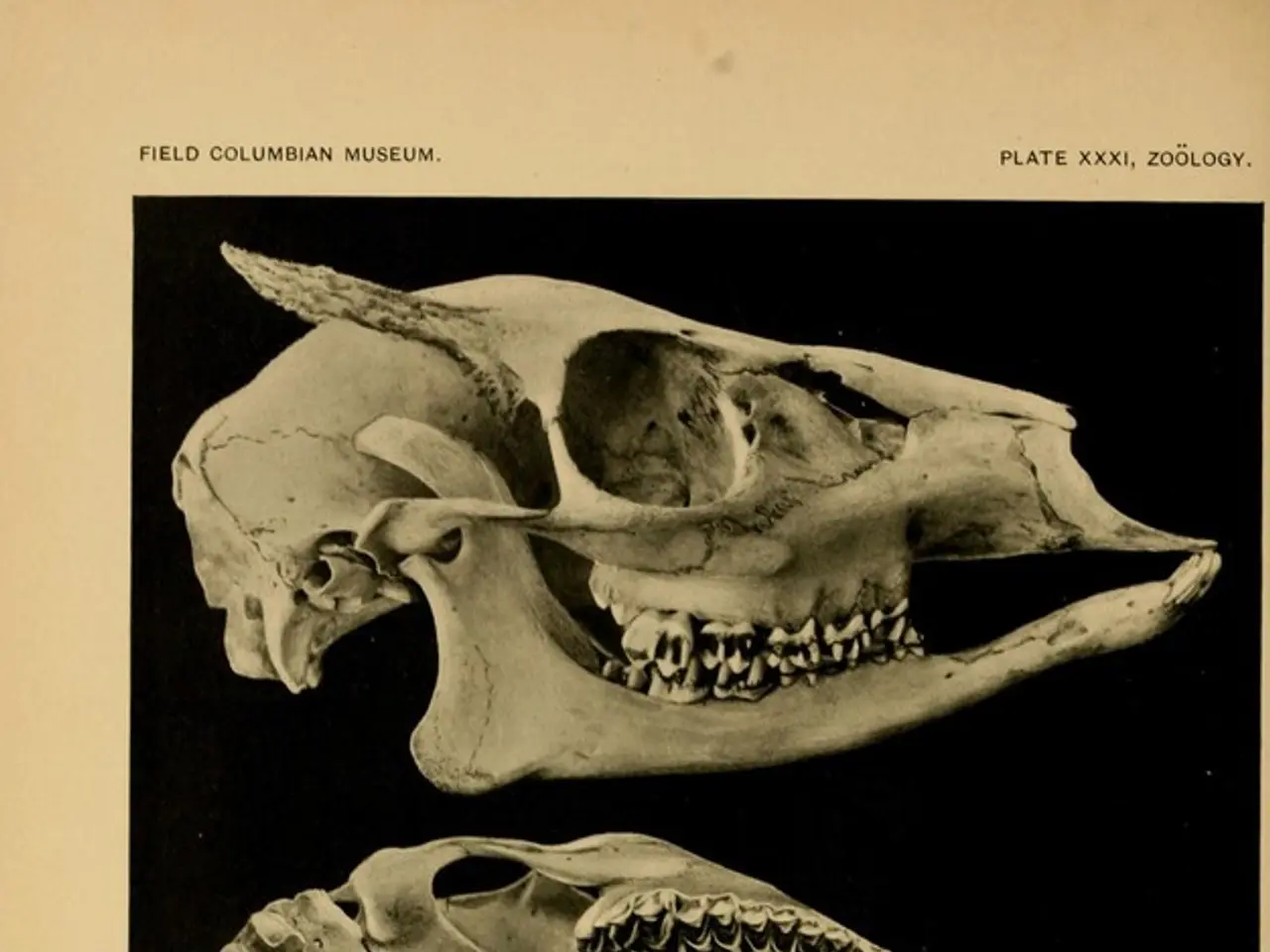Thiamine Deficiency Can Cause Severe Memory Loss via Mammillary Body Damage
Thiamine deficiency, also known as vitamin B1 deficiency, can lead to severe brain damage, including harm to the mammillary bodies. These small, round structures play a crucial role in memory processing. The condition, called Wernicke-Korsakoff syndrome, can cause memory loss and other neurological issues.
Mammillary bodies, part of the limbic system, are connected to various brain regions like the pretectum and thalamus, forming the diencephalon. They work closely with thalamic nuclei to process recognition memory. Damage to these bodies, as seen in Wernicke-Korsakoff syndrome, can lead to memory loss and difficulty forming new memories.
Named after neurologist James Papez, the Papez circuit involves mammillary bodies relaying impulses to the thalamus. Damage to either the right or left mammillary body can result in memory impairment. Some experts suggest these bodies may also add sensory smell details to stored memories.
Thiamine deficiency can cause significant harm to mammillary bodies, leading to Wernicke-Korsakoff syndrome. This syndrome can result in severe episodic memory loss and other neurological symptoms. Understanding the role of mammillary bodies in memory processing is crucial for developing effective treatments for this condition.




